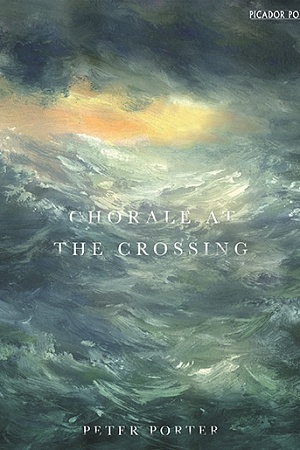The Lake Woman: A romance
Arcadia, $29.95 pb, 307 pp
Contemporary quest
Alan Gould’s imagination has been steeped in a wide range of reading, from Shakespeare, Milton, Kipling, and Auden to less well-known works such as the sophisticated verse of the Cavalier poets. His recent novel, The Lake Woman, also reveals the influence of the tough and tender lyricism of Thomas Wyatt.
Gould’s literary voice is unusual among contemporary writers, partly as a result of his influences. Although he claimed his own territory as a fiction writer a long time ago (his first novel, The Man Who Stayed Below, appeared in 1984), and has always been interested in idiomatic Australian English and Australian culture, he also allied himself to the chief storytellers, such as Conrad, among the nineteenth- and early twentieth-century English-language modernists. As a result, a few of his literary mannerisms – including his diction and some of his cadences – can seem old-fashioned. This should not matter; good writing will always outlast passing fashions, but it may be one reason why Gould’s fiction has been less widely noticed than it might have been.
Further, the task that Gould has set himself, and largely achieved – to be equally proficient as a poet, novelist, and essayist – is an unusual one among contemporary Australian authors, notwithstanding David Malouf’s protean achievements. It has meant that his dedicated readers have had to grapple with a variety of genres, at least one of them – Gould’s poetry – foregrounding a complex and eddying sensibility that has not always been easily approachable, despite his writing’s narrative impetus.
Continue reading for only $10 per month. Subscribe and gain full access to Australian Book Review. Already a subscriber? Sign in. If you need assistance, feel free to contact us.
















Leave a comment
If you are an ABR subscriber, you will need to sign in to post a comment.
If you have forgotten your sign in details, or if you receive an error message when trying to submit your comment, please email your comment (and the name of the article to which it relates) to ABR Comments. We will review your comment and, subject to approval, we will post it under your name.
Please note that all comments must be approved by ABR and comply with our Terms & Conditions.